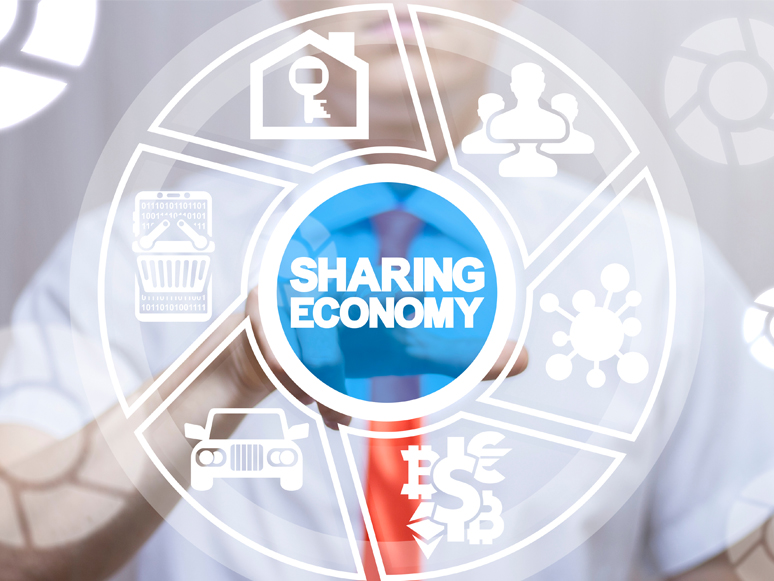The government is seeking to legislate compulsory reporting of information for sharing economy platforms in order to more easily monitor the compliance of participants, while at the same time reducing the need for ATO resources.
As the sharing economy becomes more prevalent and fundamentally reshapes many sectors of the economy, the government is scrambling to contain the fall-out. While there no standard definition of the term “sharing economy”, it’s usually taken to involve two parties entering into an agreement for one to provide services, or to loan personal assets, to the other in exchange for payment. Examples of platforms include Uber, Airbnb, Car Next Door, Menulog, Airtasker and Freelancer, to name a few.
With the rapid expansion of various sharing economy platforms, the government’s Black Economy Taskforce has noted that without compulsory reporting, it is difficult for the ATO to gain information on compliance without undertaking targeted audits. Putting formal reporting requirements in place will align Australia with international best practice.
The government has now released draft legislation for consultation to define the scope of compulsory reporting requirements in order to ensure integrity of the tax system and reduce the compliance burden on the ATO.
This new compulsory reporting regime would apply to all operators of an electronic service, including websites, internet portals, apps, gateways, stores and marketplaces. Any platforms that allow sellers and buyers to transact will be required to report information on certain transactions. However, the reporting requirement will generally not apply if the transaction only relates to supply of goods where ownership of the goods is permanently changed, where title of real property is transferred, or the supply is a financial supply.
Based on the draft legislation, platform operators will be required to report transactions that occur on or after 1 July 2022 if they relate to a ride-sourcing or a short-term accommodation service, unless an exemption applies. From 1 July 2023 all other categories of sharing economy platforms will be required to report, unless an exemption applies.
The initial reporting is expected to be biannual (1 July to 31 December, and 1 January to 30 June) with electronic service operators required to report the relevant information by 31 January and 31 July respectively.
Reminder: super changes for the 2021 financial year
The government’s long-slated “flexibility in superannuation” legislation is finally law. This means from 1 July 2021, individuals aged 65 and 66 can now access the bring-forward arrangement in relation to non-concessional super contributions. The excess contributions charge will be removed for anyone who exceeds their concessional contributions cap, and individuals who received a COVID-19 super early release amount can now recontribute it without hitting their non-concessional cap.
Previously, if you made super contributions above the annual non-concessional contributions cap, you could automatically access future year caps if you were under 65 at any time in the financial year.
The bring-forward arrangement allows you to make non-concessional contributions of up to three times the annual non-concessional contributions cap in that financial year.
Previously, individuals who exceeded their concessional contributions cap would have to pay the excess contributions charge (around 3%) as well as the additional tax due when excess contributions were re-included in their assessable income. However, people who exceed their cap on or after 1 July 2021 will no longer pay the charge, but will still receive a determination and be taxed at their marginal tax rate on any excess concessional contributions amount, less a 15% tax offset to account for the contributions tax already paid by their super fund.
Recontributions of COVID-19 early released super
Under the COVID-19 early release measures, individuals could apply to have up to $10,000 of their super released during the 2019–2020 financial year and another $10,000 released between 1 July and 31 December 2020. Between 20 April 2020 and 31 December 2020, the ATO received 4.78 million applications for early release, totalling $39.2 billion worth of super.
Not everyone who applied to have super released ended up needing to use it once the government ramped up its financial support programs. From 1 July 2021, people who received a COVID-19 super early release amount can recontribute to their super up to the amount they released, and those recontributions will not count towards their non-concessional contributions cap. The recontribution amounts must be made between 1 July 2021 and 30 June 2030 and super funds must be notified about the recontribution either before or at the time of making the recontribution.


